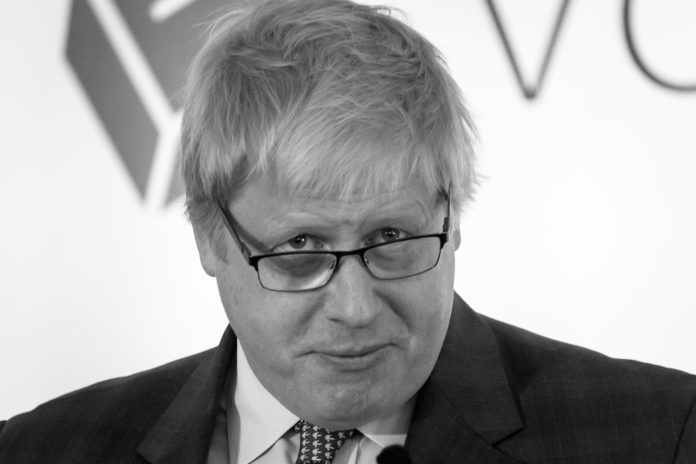Boris Johnson will ask the Queen to suspend parliament in mid-September, preventing MPs from creating a Brexit deal or passing any new legislation
This is known as a prorogation, a rarely used power which takes the Houses of Parliament out of action.
PM Johnson will essentially dismiss the current session of parliament, sending MPs home until his planned Queen’s Speech on 14 October. During a prorogation, motions e.g. early day motions (often taking huge pushes to reach parliament from civilians) will not be heard or remembered, they are left behind with the closed session.
Similarly, no questions can be remembered, so MPs are unable to pick up the business they left in the session of parliament that has now closed.
PM Johnson is facing accusations of undemocratic conduct, as this suspension would force other MPs to stop their efforts to create a Deal. The suspension of parliament would force through a No-Deal Brexit in the time that MPs are away, leaving no alternative but an automatic No-Deal scenario.
It is a similar move to President Trump, earlier in January, when he refused to reconvene Congress until he had been given access to funding for his border wall. Both are legal but show a lack of trust and democratic action. Trump’s January freeze-out resulted in federal wages being suspended, leading to many US government workers facing removal from their homes as they were unable to pay rent on time, and others unable to access their healthcare measures.
Labour party leader Jeremy Corbyn cites legal advice received from Shadow Attorney General Shami Chakrabarti, who suggests Boris Johnson’s plans to suspend parliament to force through a No Deal would be “the gravest abuse of power and attack upon UK constitutional principle in living memory”.
Boris Johnson has now confirmed that he will suspend Parliament on 14 October.
Speaker of the House, Mr Bercow said in a statement:
“I have had no contact from the Government, but if the reports that it is seeking to prorogue Parliament are confirmed, this move represents a constitutional outrage.
“However it is dressed up, it is blindingly obvious that the purpose of prorogation now would be to stop Parliament debating Brexit and performing its duty in shaping a course for the country.
“At this time, one of the most challenging periods in our nation’s history, it is vital that our elected Parliament has its say. After all, we live in a parliamentary democracy.”
Dominic Grieve, an anti-Brexit Conservative MP, foresaw this issue in July. He proposed an amendment that would require Parliament to be in session every two weeks until December, from 4 September 2019. This amendment would have made the prorogation in Johnson’s hand a non-existent weapon. According to the Labour whips, 26 Conservative MPs voted for this.
The shadow Brexit secretary, Keir Starmer, said:
“Any plan to suspend parliament at this stage would be outrageous. MPs must take the earliest opportunity to thwart this plan and to stop a no-deal Brexit.”
In a letter to all the Conservative MPs on 27 August, Jeremy Corbyn said:
“My view is that holding a general election after an extension is achieved is the simplest and most democratic way to prevent No Deal and to let the people of this country decide our future. Indeed, it is the best route to a referendum or leaving the EU with a deal.”











